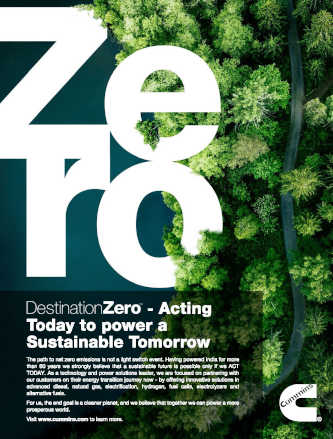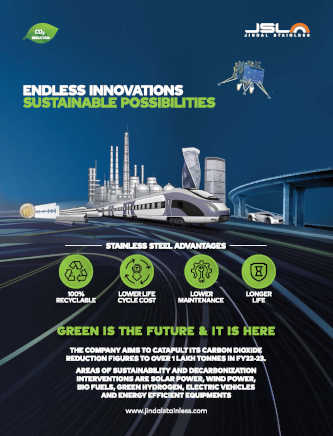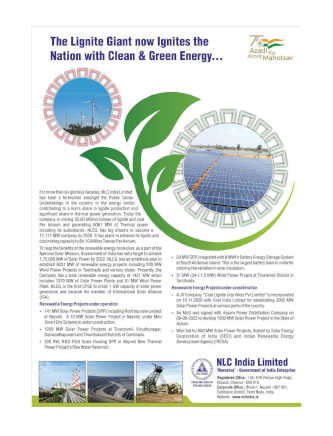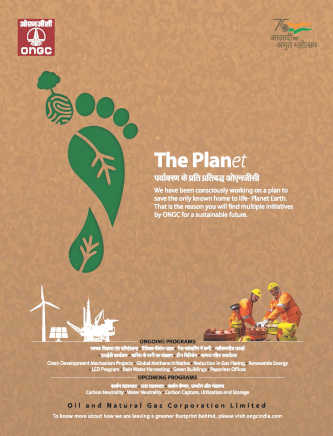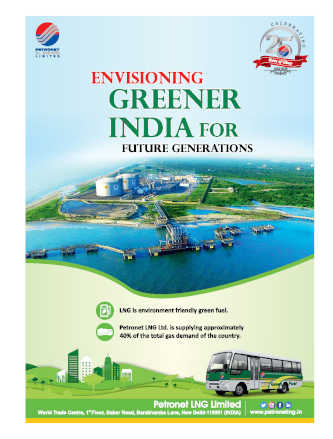The International Renewable Energy Agency (IRENA) is warning that the energy transition remains “far from being on track”, with fossil-fuel-based responses to Russia's war in Ukraine likely to worsen the situation. IRENA’s 2022 edition of the World Energy Transitions Outlook outlines the priority actions that will need to be taken between now and 2030 to keep the goal of limiting the global temperature increase to 1.5C within reach. COP26 President Alok Sharma stated earlier this month, in a journal for think-tank IPPR, that the goal to “keep 1.5C alive” was not guaranteed in the long-term by the Glasgow Climate Pact alone. He described the Pact as a “fragile win”. His article warned that “achievements will come to nothing” unless “promises made are promises kept”. IRENA echoes this warning but puts it in far stronger terms. The Agency’s director-general Francesco La Camera summarised the report’s inclusions by saying: “The energy transition is far from being on track and anything short of radical action in the coming years will diminish, even eliminate chances to meet our climate goals.” According to the report, keeping the world on a 1.5C pathway will require ensuring that renewables account for at least 40 per cent of the global annual energy mix in 2030, up from 14 per cent at present. This shift could be delivered by a “resolute” phase-out of coal, compounded by rapid expansion of wind, solar and sustainably-sourced biomass. Unabated coal generation would end globally by 2030. Electrification will also need to happen at scale to tackle energy consumption – the Outlook is predicated on the global electric vehicle (EV) stock being 20 times larger in 2030 than it was in 2021. Also detailed is the widespread uptake of electric technologies for domestic heating. Additionally, the report highlights historic under-investment in energy efficiency. Global energy efficiency investment was $0.3 trillion in 2021 but will need to reach $1.5 trillion annually. This finding was to be expected; the International Energy Agency has stated that the rate of progress on energy efficiency will need to at least double from 2021 levels to deliver a net-zero world. Under the energy transition scenario set out in the Outlook, global energy-related emissions fall by almost 30 per cent this decade. The overall price tag which the Outlook assigns to the energy transition scenario is $5.7 trillion annually through to 2030. It states that $0.7 trillion could be redirected by public finance each year from fossil fuels. The majority of the remaining investment will need to come from the private sector, IRENA argues, stating that the role of governments is mainly to create an enabling policy environment.
-

Keeping the world on a 1.5C pathway will require ensuring that renewables account for at least 40 per cent of the global annual energy mix in 2030


